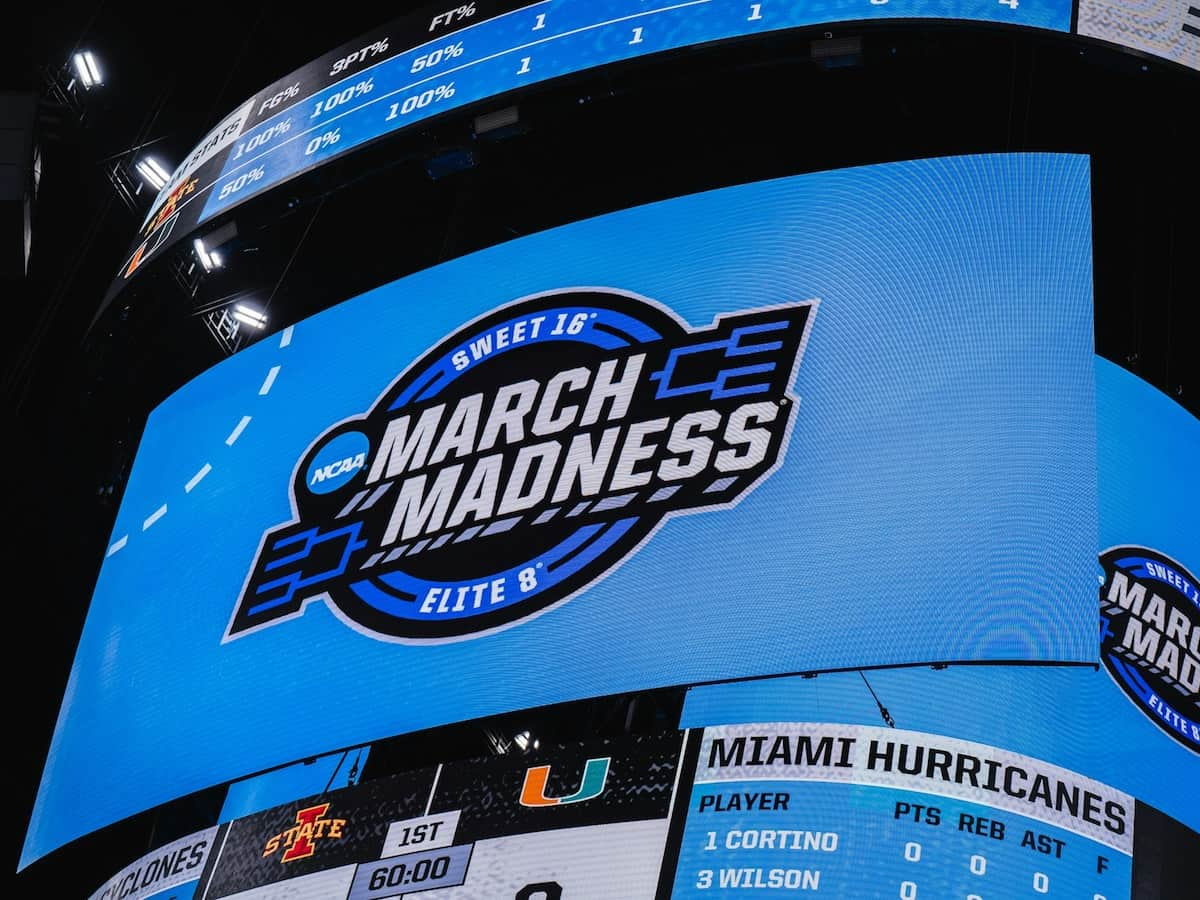March Madness has a grasp on the American public like few other sports events. Each year, millions sift through stats, hope, and hoop dreams as they fill out their tournament brackets, all vying for the impossible—perfection. But has that dream ever actually come to pass?
The Evolution of the Bracket
The NCAA tournament bracket, that fateful piece of paper or digital layout, first gained popularity in the 1970s as a way for fans to track the tournament’s progress. It evolved from a purely utilitarian tool into the centerpiece of the March Madness experience, propelling average fans into unlikely experts, challenging them to predict the unpredictable.
It’s the bracket’s idealistic nature that entices. Sure, anybody can root for the top-seeded teams, but the magic happens when those further down the rankings start to make miracle runs. Suddenly, the mathematical odds and cold, hard stats are at war with Cinderella stories, and nothing is out of the question in this field of dreams.
Near-Perfect Ain’t Perfect
In pursuing this impossible perfection, we’ve seen near-misses that capture the essence of the bracket’s enigma. During the 2019 NCAA Men’s Basketball Tournament, a remarkable March Madness bracket almost reached perfection. The bracket correctly predicted all 48 game winners in the first two rounds, and it was showcased on the official March Madness website.
This bracket’s perfect streak ended in the third round when Purdue University defeated Villanova, dashing hopes of a flawless bracket. But despite falling short of perfection, its exceptional accuracy in the initial rounds captivated sports fans and analysts alike. It was an unprecedented display of bracket brilliance despite its eventual unraveling.
Other anecdotes, from local-level contests to national platforms, recount stories of almost-perfect brackets. But almost is not the unassailable perfection that has never been reached.
Improbable Statistics and Odds
The perfect bracket is not just a tall order; it’s the Mount Everest of statistical climbs. Based on team seedings alone, the odds of picking each game correctly are 1 in 9.2 quintillions, a number so astronomical that it seems to defy the realities of probability. For context, you are more likely to be struck by lightning on your 29,000th birthday.
Yet enthusiasts persist, undeterred by daunting numbers that seem to challenge the logic of the universe. Savvy fans and analysts employ advanced metrics, historical data, and the eyeball test, all in hopes of finding the winning combination to unlock this tangled web.
The Wicked Nature of Upsets
Upsets, the perennial thorn in the side of bracketologists, are the tournament’s great equalizer. The underdogs that seize the day provide the drama that makes March Madness unforgettable and serve as a reminder of the sports’ capriciousness.
It’s not just a matter of which upsets happen, but when. Each game is an isolated event, yet part of a larger narrative that can snowball a season’s worth of expectations into a singular David-vs-Goliath validation. Determining when entropy deviates from expectations is a fool’s errand—or a gambler’s, depending on how you see it.
Factors That Affect Bracket Predictions
Navigating the turbulent waters of March Madness requires a stout vessel, and bracket enthusiasts have honed their forecasting tools with each passing year. Yet, for every nugget of wisdom gleaned from past tournaments, there seems to be a counter-story, a lesson in humility.
The nuances of team chemistry, individual performance, and coaching strategy conspire to pivot a bracket from triumphant to tragic. Seeding is a solid starting point but by no means a destination. Between the 1s and 16s lies the alchemical mystery of brackets, an unsettling mix of tradition and possibility.
So, Has There Ever Been a Perfect March Madness Bracket?
And so, back to the central query: Has there been a perfect March Madness bracket? The answer is as exact as the task is elusive—no. Despite the near misses, no combination of predictions has managed to traverse the entire tournament unscathed.
The lack of a perfect bracket is more than just a statistical anomaly; it embodies the spirit of sports itself. It speaks to the infinite variables, the unpredictability, and the beauty in chance. It reinforces the value of effort, strategy, and the lessons learned from failure.
The quest for a flawless bracket continues to be a pilgrimage for passionate sports fans, an aspirational odyssey that bridges the boundaries of plausibility and imagination. It is the very embodiment of the tournament’s ethos—honoring the process, celebrating the upsets, and reveling in the shared experience of a nation brought together by the madness of March Madness.





